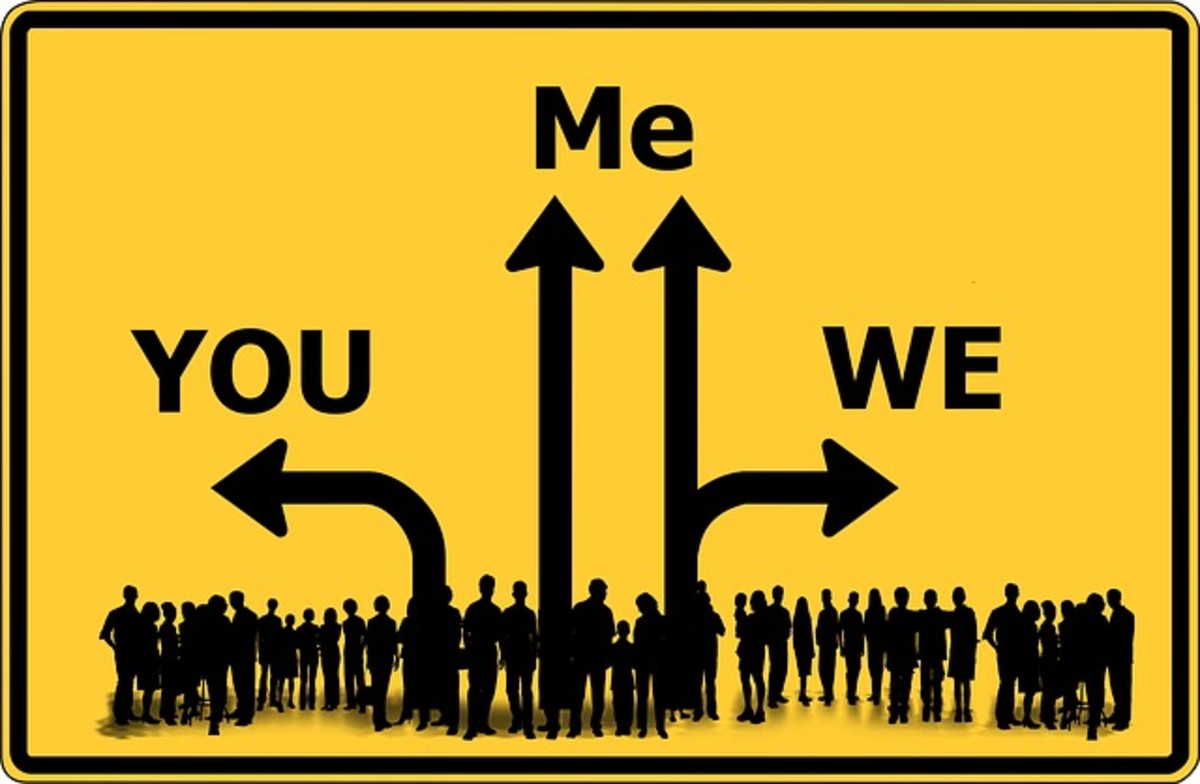Hypocrisy, social intelligence and the employment market

Being a hypocrite essentially means being a bad actor in relationships. In the past, hypocrisy was considered a social illness. Now people are taking acting lessons to help them get jobs. "Social intelligence" (sometimes known as emotional intelligence, although many people make distinctions between the two) is currently at epidemic levels.
The original justification of social intelligence was behavioral observations like increases in neuron activity, increased oxytocin levels in a sympathetic environment, and pain equivalents when in an unsympathetic environment.
As a recital of very drably obvious information, this is almost at the same level of saying "When you feel good, you feel good". It's information for morons. Like many behavioral analyses, it doesn't actually go anywhere near the causes of sympathy or lack of sympathy.
(In fairness, someone in a social environment that they detest would naturally seek some sort of methodology for dealing with issues like that. The fact that the default idea of a great social mechanism is now to become a raging hypocrite doesn't really say much for anyone's ability to comprehend the emotional issues in these cases.)
The "science" of social intelligence then progressed to its dramatic next level, where it was stated that social intelligence helps you to manipulate people. That's a bit of a character reference. The manipulation of people is also carried out by PR people, politicians, pedophiles, frauds and most criminals. It was therefore deemed "smart", mainly by publishers and other leading authorities on human behaviour.
It is, in fact, hypocrisy in practice. There’s another interpretation of social intelligence and it’s considerably less flattering. Hypocrisy, like sycophancy, is usually practiced by those in extremely weak social positions. Important or self-confident people don't need to be hypocrites. Experts and talented people don't need to be hypocrites. Meaning the people actually calling the shots don't need to be hypocrites.
That raises the question of exactly who needs social intelligence. From the preceding paragraph you would assume that these are nonentities, talentless, insecure and insignificant people. As a matter of fact, they seem to be people who are very conscious of social situations and tactics, and often feel threatened by them. The social intelligence approach gives them a methodology to deal with the social issues which affect them.
Whether or not this is actually doing human society any good, however, is extremely debatable. If, like me, you are finding the change in social culture from dancing around the obvious to conducting major operas around the obvious a trifle tedious, you'd say that it's doing human race no good at all.
The fact is that manipulating one's environment is a necessity. Manipulating other people, however, can be a very dangerous operation. The hypocrite is the epitome of a false friend, and hated accordingly. A manipulative colleague, by definition, can't be trusted. Inevitably, there is a reaction to hypocrisy when it is discovered.
Social intelligence may be systematic, but like all theories, when put into practice, it's no guarantee of anything. It can actually be counter-productive, particularly if people resent the idea that they’re being manipulated, which is often a reflex reaction to sales spiel and similar maneuvers.
The recent development of acting classes for the unemployed, in which people with real social and economic problems are obliged to act like they're somebody else in order to get jobs hardly qualifies as a great triumph of the social order. Very few "thought leaders" seem to have penetrated any of the issues related to having a global employment market based on the interpretations of people's character rather than their skills.
(Presumably the "thought leaders" have better things to do with their time, like embroidery.)
It's a pretty grim and interpretation of the employment market, if the best way to get a job is to be somebody else. It is arguably worse that people applying for jobs are expected to deceive the employer to get jobs. Admittedly, this isn't much of a departure from the original idea of "Go in there and lie your head off", which was bad enough, but this is actually much worse, training people to literally act out a lie as a normal part of their careers.
The ridiculous management culture which appears to consider itself well above God and the law is largely responsible for this situation. Unsurprisingly a bad social mechanism has produced a bad social behaviour. Employers which fall for this transparent claptrap get a payback in inferior quality staff who would probably otherwise be unemployable.
Talented people don't need to act. It is a rather grim pay off for people who believe that they can act their way through their lives that even the need to act emphasizes their weaknesses. Some succeed, most don't. Like most of the great How To scenarios, social intelligence is starting to look like a major crock for the gullible.
I think the moral is this:
If you can't be yourself, are you alive?
The answer is no.








